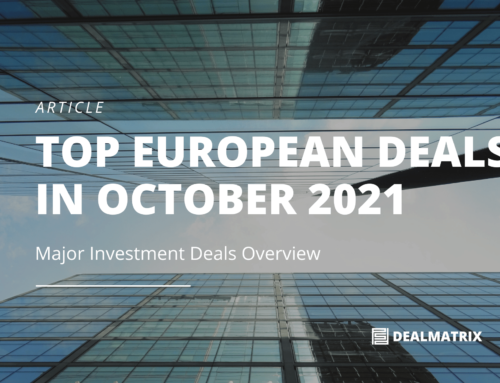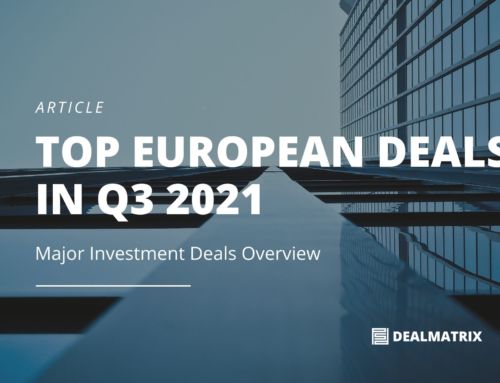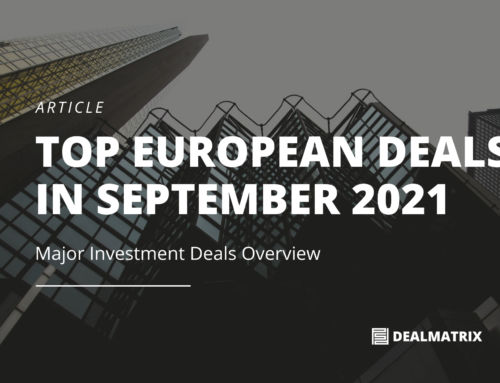EFFECTS OF COVID-19 PANDEMIC ON STARTUP FUNDRAISING
How is COVID-19 affecting startup fundraising?
As we ‘celebrate’ a full year of the COVID-19 pandemic and look back on an extraordinary 12 months in the history of the world, the effects of the coronavirus are beginning to make themselves more apparent. In the startup environment, these are as diverse and exaggerated as anywhere else.
Positive Effects
To start with the positive side, there has been plenty of opportunity out there and many startups have grabbed it. Situations like this are ideal for fast-moving, agile young companies that can develop quick solutions faster than the establishment can. Necessity is the mother of invention and all that.
As Czech investor Ondrej Bartos, speaking to TechCrunch, recently said:
“There is a lot of opportunity for good tech startups. Technology is what’s helping people and countries to get out of crises faster with less damage. Our advice to startups is still the same: focus on your cause and try to solve problems in your space better than anybody else.”
The crisis has also played into the hands of some startups more established in certain industries. We’ve seen companies in
- streaming,
- videoconferencing,
- health,
- food delivery,
- social media,
- blockchain
take advantage of some of the work and lifestyle changes that have gone hand-in-hand with lockdowns around the world.
Austrian netbroker Bitpanda (which focuses on cryptocurrency for the moment) is one very recent example, hitting a $1,2 billion valuation after an investment round in mid-March.
As Venionaire Capital recently wrote, there’s still plenty of dealflow and much to be positive about. And Crunchbase agrees, recently writing that startups were actually in a stronger position at the end of 2020 than at the start of it, with global venture funding up 4% over the year to $300 billion.
But times are nonetheless tough in the broader economy, and the innovation sector certainly isn’t immune to that. A closer look at the Crunchbase figures above also suggests that the news isn’t quite so rosy for seed and early-stage startups.
On the other hand
An increase in venture capital funding can also mask other trends affecting individual startups.
A year since all of this began, investors certainly have a different outlook.
Valuations aren’t what they used to be. As predicted by Venionaire Capital at the start of the pandemic, we’ve seen cuts of up to 30%-50% only for a short “shock” moment, as well as higher liquidation preferences (2x-3x). After this shock valuations came back up and reached new highs for a selective group of startups, as investors battle for 10x opportunities in the market.
The number of down-rounds was not as high as expected, since existing investors backed startups in their portfolios. Investors become more selective on new deals, as the drop in market sentiment indicated. The terms and conditions attached to investments have been getting tougher, as investors manage downside risks tighter. Amid all this competition for funding, startups have had their ‘runways’ severely tested and many haven’t made it. Some have survived, but beware of ‘zombies’ – meaning they’re alive but too weak to grow.
To sum up, there’s money out there but conditions remain challenging. Fundraising is a more important skill now than it’s ever been in the past – particularly for those seed and early-stage startups.
To sum up
There’s money out there but conditions remain challenging. Fundraising is a more important skill now than it’s ever been in the past – particularly for those seed and early-stage startups.
Prepare for your upcoming negotiations by having the first valuation overview in hand.

![Startup Growth Pains: How To Handle Them? [Tips For Startup Founders]](https://dealmatrix.com/wp-content/uploads/2021/11/DM_Blog_Images-13-500x383.png)



